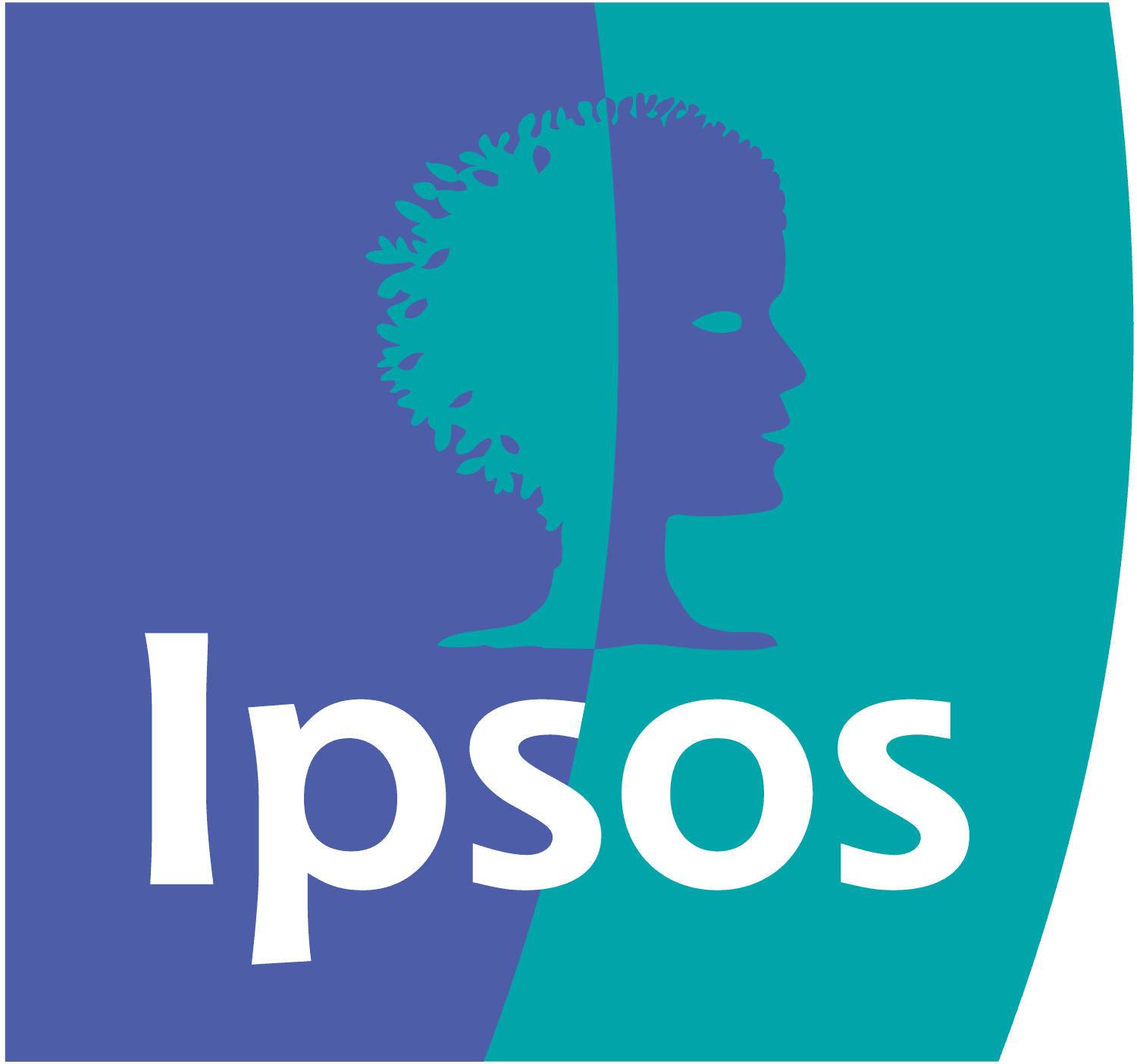Ipsos Enhanced and Equal Parental Leave Policy
Ipsos Enhanced and Equal Parental Leave Policy
In 2019, Ipsos introduced an enhanced and equal parental policy to support parents to build a meaningful career while balancing caring responsibilities. The policy offers all parents 12 weeks of fully paid leave, followed by 27 weeks leave at double the rate of statutory pay.

About the company
Ipsos is one of the largest market research companies globally, with operations in 90 markets.
A push for progressive people policies
Ipsos is committed to being a sector leader in its people policies, and continually reviews them to ensure that it is best in class and reflect its DE&I ambitions. As Ipsos reviewed its parental policy, it looked beyond its sector for inspiration about what it could do differently to better support its people. Equal parental leave was at the time a relatively uncommon policy, but a few early movers in the UK provided inspiration.
The proposal to introduce equal parental leave was backed by this best practice benchmark, and by the motivation to provide all parents, regardless of gender, with the chance to be there for their children. Additionally, Ipsos hoped to build further momentum to push other companies to follow suit.
The new proposed policy reflected a slight increase to maternity pay and a significant improvement to paternity pay and leave. The team modelled the financial costs to understand the implications, and leadership very quickly was on board. It was also important to engage employee stakeholders to incorporate their perspectives and ensure this policy could deliver on its purpose. Overall, getting from the initial proposal to launch took three to four months.
Implementing the new policy
The new policy was launched as part of the annual ‘all staff’ meeting in Q1 of 2019 and received very positive employee reception. Leaders note that the policy contributes to Ipsos’s reputation as a great place to work, and aids retention as it is a progressive benefit relative to competitors.
To support the policy, Ipsos has a Parent and Carer Pledge which formalises its commitment to supporting working carers to build a meaningful career whilst balancing their caring responsibilities. The Parent Pledge aims to make work the best place it can be for pregnant women, expectant and parents, and all those juggling parenting and work – across the lead-up to a new arrival, reintegration after leave, and in an ongoing career. The Pledge provides information on the full parenting journey in conversational language, covering what employees are entitled to and how to think about options.
A key challenge that Ipsos faced in implementing the new policy has been managing resourcing around longer parental absences, as there is variability in how individuals choose to take leave. As more individuals access the policy, learnings have been incorporated to improve this process.
Supporting parents holistically
To support parents in the return to work transition, Ipsos offers individuals an opportunity to have a one-to-one conversation with their business unit leader to discuss reintegration and any specific needs. Additionally, Ipsos offers flexible working policies that employees can choose to access formally, but employees are also encouraged to have informal conversations with their line managers to agree a working cadence that works for them and the business. Parents also have access to an external coach who can support them before, during, and after their leave.
Outlook
Ipsos’s policy forms part of a broader effort to narrow its gender pay gap, and while there is still more to do, this has been a bold first step.
To further this effort, Ipsos has also turned its attention to other types of support for important life stages – including enhanced leave for those suffering bereavement, paid time off for those experiencing or supporting someone through menopause, pregnancy loss and fertility treatment.

We believe the positive impact on our employees and their families is huge, both at the time and once they return to work. We hope that as more men take advantage of these policies fewer women will notice a negative impact on their career. There is still more to be done to increase awareness of these policies and make parental leave available to all and we will continue to strive towards
Claire Timmins, Director
these goals.

Key takeaway
To provide the right support to returners, engage with stakeholders to determine what is important to them, to enable you to create something that is relevant to employees and bespoke to your company.

ACCESS A WIDE RANGE OF RESOURCES TO MAKE YOUR WORKPLACE MORE INCLUSIVE

